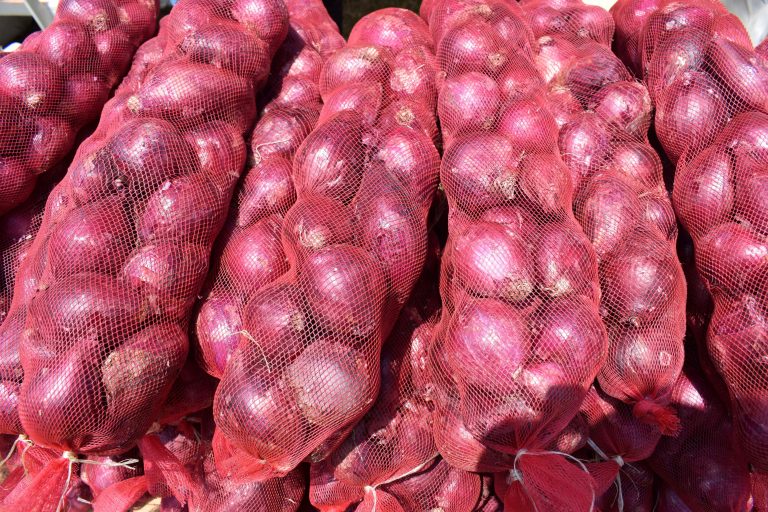Tips on How to Buy and Export Onions from Kenya
Tips on How to Buy and Export Onions from Kenya
The consumption of onions has been growing considerably in the recent years. Their versatility coupled with their availability at affordable prices has led to a steady increase in demand. According to Statista, global onion production was at 32 million tons in 2016 and is expected to reach 37 million tons by 2020. There are different types of onions grown in Kenya: red, yellow, brown, and white. The red onion is also known as purple onion or Vidler onion. It has a milder taste than other varieties of onions and can be used raw or cooked. The yellow onion is the most common type sold in supermarkets, restaurants, and grocery stores around the world; it is also known as green onion or field onion. The brown onion has a much stronger taste than either of the other two varieties – but it’s also less likely to cause an allergic reaction for people who are sensitive to sulphites (a chemical commonly found in onions).
Why Should You Import Onions from Kenya?
Onions are available in every country around the world, which makes them a “non-specialty” item. As such, importers will often buy from the cheapest source available at any given time. But if you want to make sure you can always get the onions you need at a reasonable price, you need to make sure that you have a reliable source of supply. For large importers, it’s not difficult to have supplies shipped in from all over the world. But if you’re a smaller importer, you may not have this option. And if you buy onions from a single source, you’ll increase your risk of being affected by supply disruptions. If your main supplier has bad weather that hurts the crop and reduces their ability to export, you could be left with no onions – or have to pay very high prices. So, it is always a good idea to have a secondary supplier as a fail-safe.
Exporting Onions from Kenya: A Good Business Opportunity
Onions are one of the most widely consumed vegetables across the globe due to their versatile nature as well as their relatively high shelf life. The demand for them is also ever-growing, making them an evergreen product. Exporting onions from Kenya can be a great opportunity for entrepreneurs looking to establish themselves in the international market. However, there are certain export requirements to keep in mind before sending your products abroad. Quality – The first thing to keep in mind when exporting onions from Kenya is their quality. Quality standards differ from one country to the next, and you need to make sure that your products meet the standards for export in whichever countries you’re interested in selling to. This will help increase your profit margins, and it will also help you avoid getting blacklisted as a suspicious supplier.
How to Import Onions from Kenya?
As with any other product you want to import, the first step is to decide what type of onions you want to purchase. You can make this decision based on a number of factors, such as projected demand and pricing. You can also find out which varieties of onions are common in your area and choose accordingly. After this, you will need to make sure you have a reliable supplier who can consistently deliver the type of product you want. You can find potential suppliers in several different ways:
Which Countries Import Onions from Kenya?
China, India, and Germany are among the top importers of onions from Kenya. Other major importers of Kenyan onions include the United States, Mexico, Japan, the United Kingdom, and Spain. These are some of the top importers of onions from Kenya: China: In 2017, China imported about 1,350,000 tons of onions from Kenya, making it the country’s largest importer. Most of these imports came from Nairobi. China is the largest importer of onions in the world, and the majority of them come from countries in Asia. India: India imported about 600,000 tons of onions from Kenya in 2017, making it the second-largest importer of onions from Kenya. Most of these onions came from Nairobi. India is the largest importer of onions in the world. It is also the largest producer of onions in the world. Germany: Germany imported about 600,000 tons of onions from Kenya in 2017, making it the third-largest importer of onions from Kenya. Most of these onions came from Nairobi. Germany is the second-largest importer of onions in the world behind India.
Conclusion
Onions are one of the most versatile vegetables available, and they are used in many different types of cuisines. Onions are also relatively easy to grow, which makes them an attractive product to export. If you want to start exporting onions from Kenya, you’ll need to choose a reliable supplier and make sure your products meet the required quality standards.







LEAVE A COMMENT
You must be logged in to post a comment.